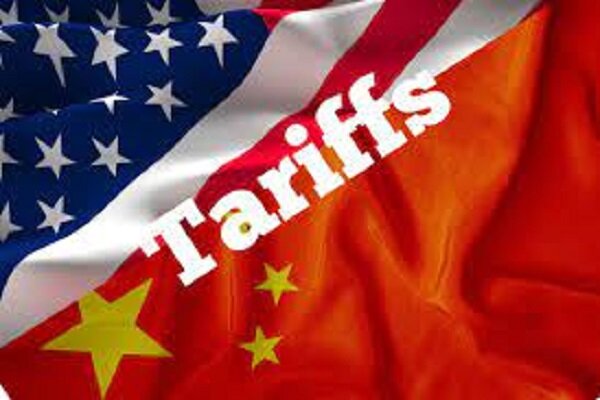China Urges US to Ditch Tariffs as Economic ‘Weapon’ in Trade Tensions
In a significant turn of events, the ongoing trade tensions between the United States and China have escalated, with both nations implementing substantial tariffs that are shaping the global market. The recent statements from China’s ministry highlight the increasing strain in economic relations, particularly as the U.S. continues to leverage tariffs as a tool for economic pressure.
The ministry emphasized that the United States should “stop using tariffs as a weapon to suppress China’s economy and trade, and stop undermining the legitimate development rights of the Chinese people,” as reported by Al Jazeera. This declaration came shortly after China declared additional tariffs of 34 percent on all U.S. goods and imposed export restrictions on specific rare earth elements.
This latest round of tariffs is a direct response to recent actions taken by the Trump administration, which introduced an extra 34 percent tariff on Chinese goods. This move has escalated the total duties imposed on Chinese imports to a staggering 54 percent for the year.
Key Developments in the U.S.-China Trade War
- Tariff Increases: China has retaliated with a 34 percent tariff on all U.S. goods.
- Export Curbs: New restrictions on rare earth elements are now in place.
- U.S. Tariffs: The Trump administration’s latest measures have brought total tariffs on China to 54 percent this year.
The impact of these tariffs is expected to ripple through various sectors, affecting not only trade between the two nations but also the global economy. Businesses and consumers alike are bracing for rising prices and potential shortages as the trade war continues to unfold.
Implications for the Global Market
Experts warn that the escalating tariffs could have far-reaching consequences:
- Increased Costs: Consumers may face higher prices on a range of products as tariffs increase the cost of imports.
- Supply Chain Disruptions: Companies that rely on Chinese materials might encounter delays and increased expenses.
- Market Volatility: Stock markets may experience fluctuations as investors react to the ongoing trade tensions.
Furthermore, the tension may encourage nations to re-evaluate their trade partnerships and seek alternatives to mitigate risks associated with U.S.-China relations. This could lead to a shift in global trade dynamics, prompting countries to strengthen ties with other trading partners.
The Way Forward
As the situation evolves, both nations may need to consider diplomatic avenues to resolve their differences. The potential for negotiations remains, but the path forward will require a willingness to engage in constructive dialogue. It is crucial for both the U.S. and China to recognize the mutual benefits that can arise from cooperative trade relations.
In conclusion, as the U.S. and China navigate this complex trade landscape, the stakes are higher than ever. The decisions made in the coming weeks and months will not only impact the two countries but could also set the tone for international trade practices moving forward.
Both governments must weigh the potential consequences of continued tariff escalations against the benefits of collaboration. The global economy hangs in the balance as these two economic powerhouses grapple with their trade policies and their implications.






